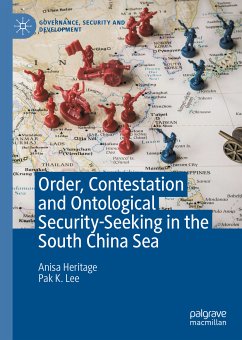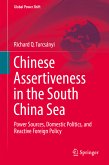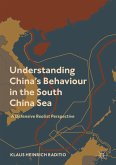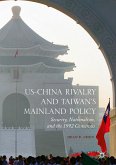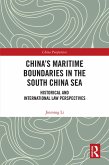This book examines the South China Sea territorial disputes from the perspective of international order. The authors argue that both China and the US are attempting to impose their respective preferred orders to the region and that the observed disputes are due to the clash of two competing order-building projects. Ordering the maritime space is essential for these two countries to validate their national identities and to achieve ontological security. Because both are ontological security-seeking states, this imperative gives them little room for striking a grand bargain between them. The book focuses on how China and the US engage in practices and discourses that build, contest, and legitimise the two major ordering projects they promote in the region. It concludes that China must act in its legitimation strategy in accordance with contemporary publicly accepted norms and rules to create a legitimate maritime order, while the US should support ASEAN in devising a multilateral resolution of the disputes.
Anisa Heritage is Research Fellow in the School of Politics and International Relations at the University of Kent, UK.
Pak K. Lee is Senior Lecturer in Chinese Politics and International Relations in the School of Politics and International Relations at the University of Kent, UK.
Dieser Download kann aus rechtlichen Gründen nur mit Rechnungsadresse in A, B, BG, CY, CZ, D, DK, EW, E, FIN, F, GR, HR, H, IRL, I, LT, L, LR, M, NL, PL, P, R, S, SLO, SK ausgeliefert werden.

